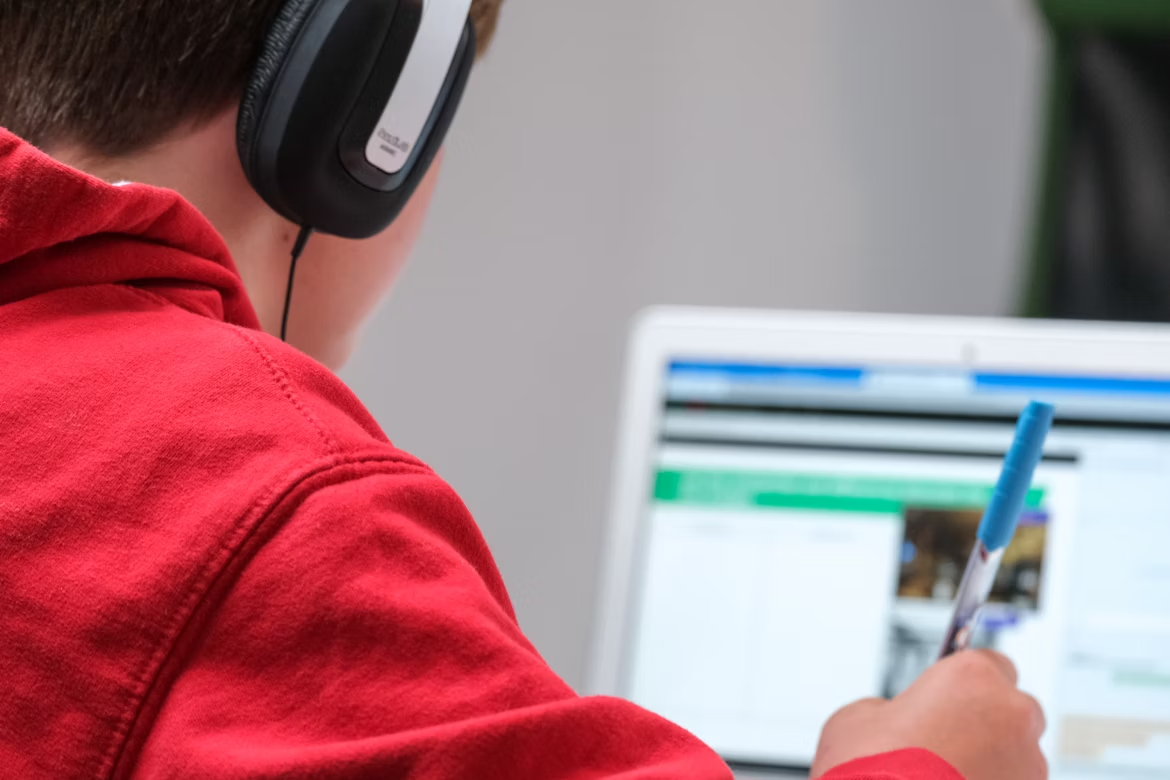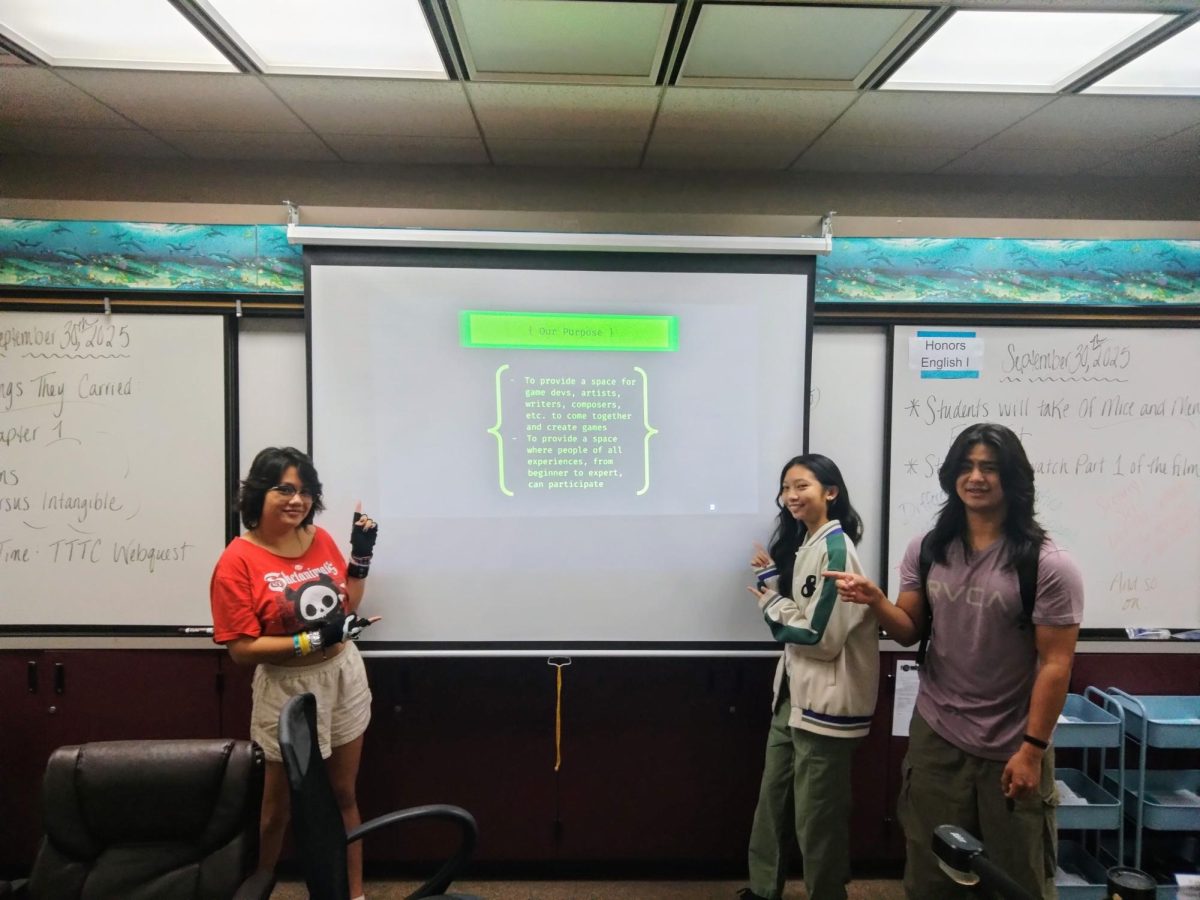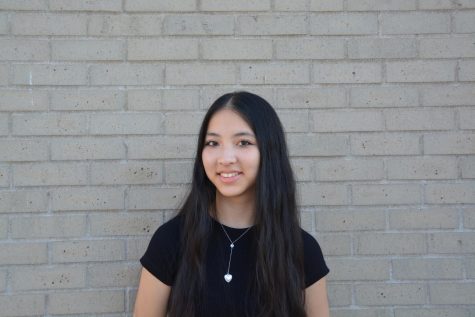The Wellness and Prevention Center (WPC) is a surprisingly unknown service on campus that provides mental health support on campus to all students every school day in P-19.
The purpose of this facility on campus is to prioritize the discussion and treatment of mental health topics and crises at the school. The WPC has been open at Aliso for four years now, although it remains as an aspect of campus not particularly publicized, and thus, most students are relatively unaware of it.
Students can choose to go to the WPC at school any time they need to speak to a mental health professional, whether that be signing up for Wolverine+ or simply visiting during any break or lunch.
One of the most important projects for the WPC is destressing students, as stress is typically the biggest problem for high school students in terms of their mental health. The center offers coloring pages or areas to relax as an attempt to combat this.
Since the therapists at the WPC are health professionals, they are able to accurately provide care or make diagnoses, also directing students towards other avenues to work with concerns they have.
Ms. Liegler, one of the regular counselors on campus, says about the WPC, “[The Wellness and Prevention Center] is available as a spot on campus for students to receive free therapy.”
The affordable nature of the services undoubtedly allows more students mental health resources, as many cannot attend therapy for financial or family reasons.
The Wellness and Prevention Center was originally run in the library on campus, not being given their own portable until recently. Having their own space undoubtedly encourages more students to come in and be more open to using the services because of the inviting atmosphere.
For the students who are aware of and have been to the center, a general positive impression on this free service supports its existence, and hopefully will allow it to expand even further.
The Wellness and Prevention Center concept was developed in 2013 in San Clemente to help combat substance abuse, specifically in youth. The agency leads the Drug Free Communities Coalition in the city. The services are available and intended for anyone between the ages of 12 and 25.
This federally funded program aims to lead communities against unhealthy behaviors in teenagers or other young people, which is why the centers are primarily present on high school campuses.
The WPC organization itself aims “to address issues surrounding the diseases of mental health and addiction, and [lead] a federally funded Drug Free Community Coalition.”
On top of helping treat the issues of mental illness and drug abuse, the WPC’s mission includes spreading knowledge on such problems to more people. Destigmatizing such conditions allows families to better connect with young people and reduce the negative outcomes that stem from mental health and addiction.





